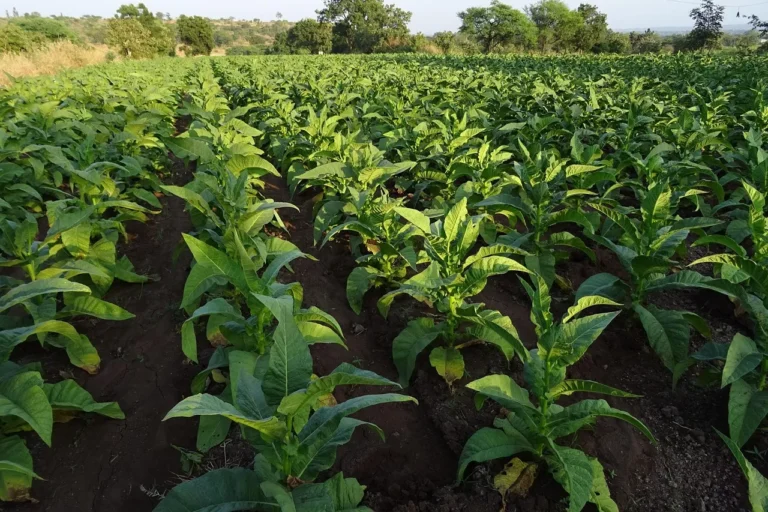
In November, I visited Kakuma, home to one of the world’s largest refugee camps, where I witnessed the stark realities of malnutrition and the impact of our partnership with the World Food Programme (WFP).
Kakuma hosts approximately 300,000 refugees who have fled conflicts and instability in countries such as South Sudan, Somalia, Ethiopia, and the Democratic Republic of the Congo. The region is arid, hot, and challenging to inhabit, with thousands of refugees living in tents and makeshift shelters as they await brighter futures.
For many, access to nutritious food is a daily struggle.
Standing on the ground in Kakuma, I was struck by the deep disparities in privilege across the globe. With privilege comes responsibility—a call to fight hunger and malnutrition in a world shaped by conflict and inequality.
Malnutrition extends beyond the absence of food. It’s also about the lack of essential nutrients, leading to “hidden hunger,” a deficiency in critical micronutrients like iron, vitamin A, folic acid, and zinc. This silent crisis affects over 2 billion people globally, including half of all preschool-aged children and two-thirds of women of reproductive age. These deficiencies are among the leading causes of death from disease in developing nations.
A Longstanding Partnership for Change
Since 2007, dsm-firmenich has collaborated with WFP to address malnutrition by combining our expertise in nutritional science and technology with WFP’s extensive reach and on-the-ground experience. Together, we’ve achieved outcomes neither could have accomplished alone.
At Kakuma, I saw WFP’s team of 50 working tirelessly to distribute food, provide school meals, and promote refugee self-reliance. Many of these efforts are rooted in food fortification, ensuring that staple foods such as cooking oil and maize flour are enriched with vital micronutrients using premixes developed by dsm-firmenich.
WFP also supplies Super Cereal Plus—a fortified corn-soy blend enriched with vitamins and minerals—to prevent and manage malnutrition among vulnerable groups, including infants, young children, and pregnant and breastfeeding women. This product, developed in collaboration with dsm-firmenich, supports millions of the world’s most at-risk populations each year.
Scaling Solutions: Fortified Rice in Kenya
A recent highlight of our partnership involves introducing fortified rice to the Kenyan market. As the country’s third most-consumed cereal, rice is a crucial dietary staple. By fortifying rice with essential micronutrients, we aim to address nutritional deficiencies and improve the overall health of the population.
Fortified rice is produced by blending fortified kernels with regular rice. At dsm-firmenich, these kernels are created using a process called extrusion, which infuses micronutrients into rice while preserving its natural look, taste, and cooking properties.
During my visit to Nairobi, I toured Capwell Industries, a dsm-firmenich customer and the first commercial producer of fortified rice in Kenya. This initiative demonstrates how partnerships across the private and public sectors can drive lasting change.
Impact in Numbers
- WFP and dsm-firmenich have developed improved formulations for 10 nutritious food products used globally by WFP and other humanitarian organizations.
- Approximately 38 million people benefit annually from these products through WFP operations.
- Over 20 million people now access fortified rice each year through social protection programs supported by our partnership.
Building a Better Future
At dsm-firmenich, our core values—owning the outcome, shaping the future, and being a force for good—guide every initiative we undertake. Our 17-year collaboration with WFP exemplifies our commitment to closing micronutrient gaps and creating opportunities for individuals, communities, and nations.
Transforming food systems and addressing malnutrition require collective action. That’s why we partner with governments, NGOs, United Nations agencies, research institutions, donors, and businesses to create sustainable solutions.
I am immensely proud of our work with WFP and the innovative efforts of our Nutrition Improvement teams. Together, we are ensuring that the world’s most vulnerable have access to the nutrients they need to thrive.




